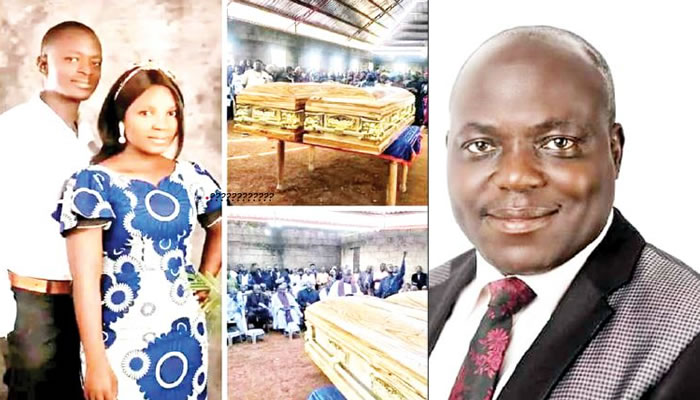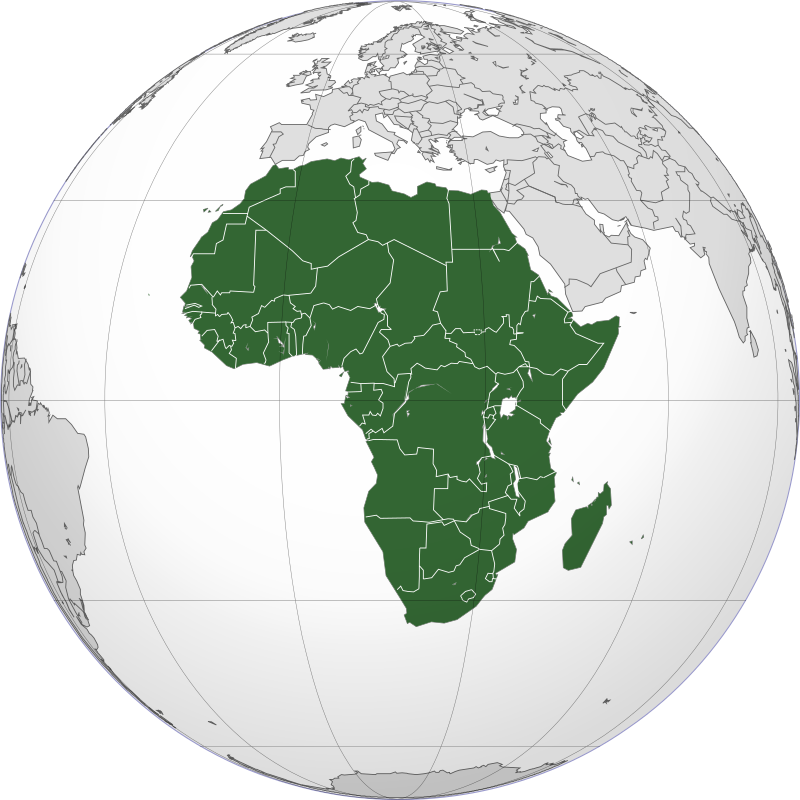Newlyweds, Barnabas Rwang, 27, and his wife, Sandra, 24, were allegedly shot dead by herdsmen in Plateau State on August 14. Sandra’s uncle, Davou Mang, in this interview with JAMES ABRAHAM, demands justice.
What relationship did you share with the couple?
The wife was my niece, and we are from the same village as the husband. We were just generally related to the husband and some others within the same village. The couple got married on March 25, 2023. You know, the man and the woman were neighbours. They were in the same village, and their houses were just a few metres away from each other. They grew together. So they fell in love, and eventually married. I attended the wedding, and you could see the love between them during and after the wedding.
What were their professions?
They were both teachers at BECO Comprehensive High School Kwi in the Riyom Local Government Area of Plateau State.
How did they meet each other?
The woman was in school. She was about to finish the NCE programme. She eventually finished and got the certificate in July, but the man had earlier finished his NYSC (National Youth Service Corps) and was teaching at the BECO.
Somehow, their parents asked them to wait for the woman to finish her NCE before they married, but they said no! They had made up their minds to marry. The deep love they had for each other was what impressed me, and I knew that, by the grace of God, they were going to live in a very happy family.
Unfortunately, just a few months after their wedding, they were killed at their place of work by herders. Their deaths are very painful.
Can you give a graphic description of how they were killed?
On that fateful day, I was in Jos, and then I got a call from my younger brother. You know, I told you the woman was our relative. My younger brother called and told me what happened at the school. You know the school compound is partially fenced. The staff members were having a meeting. They were preparing to have their speech and prize-giving ceremony. They were having a staff meeting, and behold, cows entered the school compound. So the school security man told the herdsmen to move away with the cows. I think some of the staff members also went and told them the same thing.
Unknown to them, the herders came with arms. The next thing they heard were gunshots. So it looks like it was a premeditated attack. If not, how come people just told them to move away from the school compound, and they just opened fire on them?
I learnt that they shot the woman first. She wanted to run away, but the herders stoned her legs, and she fell before they shot her. They came with guns. She was unarmed.
The husband ran over to rescue her and told them not to hurt his wife. Some people narrated that the man said, “Just kill me and leave this woman alone.”
But the killer herdsmen did not listen to his pleadings. After shooting her, they shot the man too.
So, how is the family taking it? Is it not a big blow to the family?
You should know that they were a very young couple. The woman was just 24, and the man was about 27 years old or thereabouts. You could see they were a very promising young couple, and all of a sudden, this kind of thing happened. Not that they were sick; somebody came and snuffed life out of them. You should know that it was very devastating for us as a family and as a community. We were devastated to see how a very young, innocent, harmless, and unarmed couple would just be shot at directly for doing nothing harmful, including the man. We were devastated. We couldn’t find answers to what went wrong or why the killers were callous. Why did they come to the school compound? Why did they come with arms in broad daylight?
What is the security situation in the area?
For now, the security situation is relatively calm. The sector commander of Operation Safe Haven in charge of the area has been on the ground. He has been doing his best. He swung into action immediately the incident happened. He went to where the suspects were said to come from. They went there, but the killers had deserted the place. I learnt that some had been arrested, but the real culprits were still on the run. So the community is pleading. We appreciate what he is doing, but if we want this security situation in the state to be stable and to avoid a recurrence, the real culprits must be arrested.
They must be brought to the book so that everybody will be satisfied and will bring closure to this kind of wickedness. We are even saying that whichever party commits a crime, whether it is the farmer or the herder, there should be justice. Justice must be done. For this particular couple, there must be justice. For us, justice could only mean arresting the culprit and persecuting them. Let the community know that those people have paid for their crimes. Then, at least, it would stop people who have similar intentions from committing further atrocities. But are you following up on the matter with the security people?
Yes, we are following up. The sector commander communicates with us himself. We follow up and find out the progress. Even on the day of the burial of the couple, the sector commander came, and the state governor sent the Commissioner for Higher Education. A lot of groups who were touched by the killing attended the burial. The late couple were members of the Peace House Couple Fellowship, and the husband was the coordinator within that area. The Peace House representative came. The sector commander understood the mood of the people, and he assured them that he was going to make sure that justice prevailed in this matter. If not, the solution to the security challenges we face may not come.
What do you think should be done to address the security situation in other Plateau communities?
Only justice will solve the problem. Let me give you an example of the sector commander who was in the Barkin Ladi LGA. When he was there, there was a really deep calm in Barkin Ladi Ladi. What did he do right? He made sure that whoever committed a crime, whether it was the Birom, non-Birom, or Fulani, that person must be brought to book and brought to justice, and people saw it. So, even the herders were afraid of committing the crime of grazing on farms or bringing down crops.
If you commit a crime, you will not go free. The people who kill cows will also not go free, so there was relative calm. I think this can be applied to Mangu, Bokkos, Riyom, Barkin Ladi, and Bassa… Everywhere there is a crisis, if justice is done, this situation will cool down. In Riyom, let me give you an example. Even in the Kwi community, when this happened (the killing of the couple), the herders also burnt down the crops. Nobody was arrested, nobody was caught, and nobody was held responsible for it.
SOURCE: The Punch








